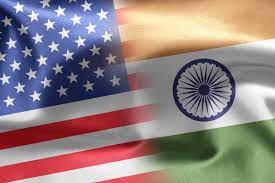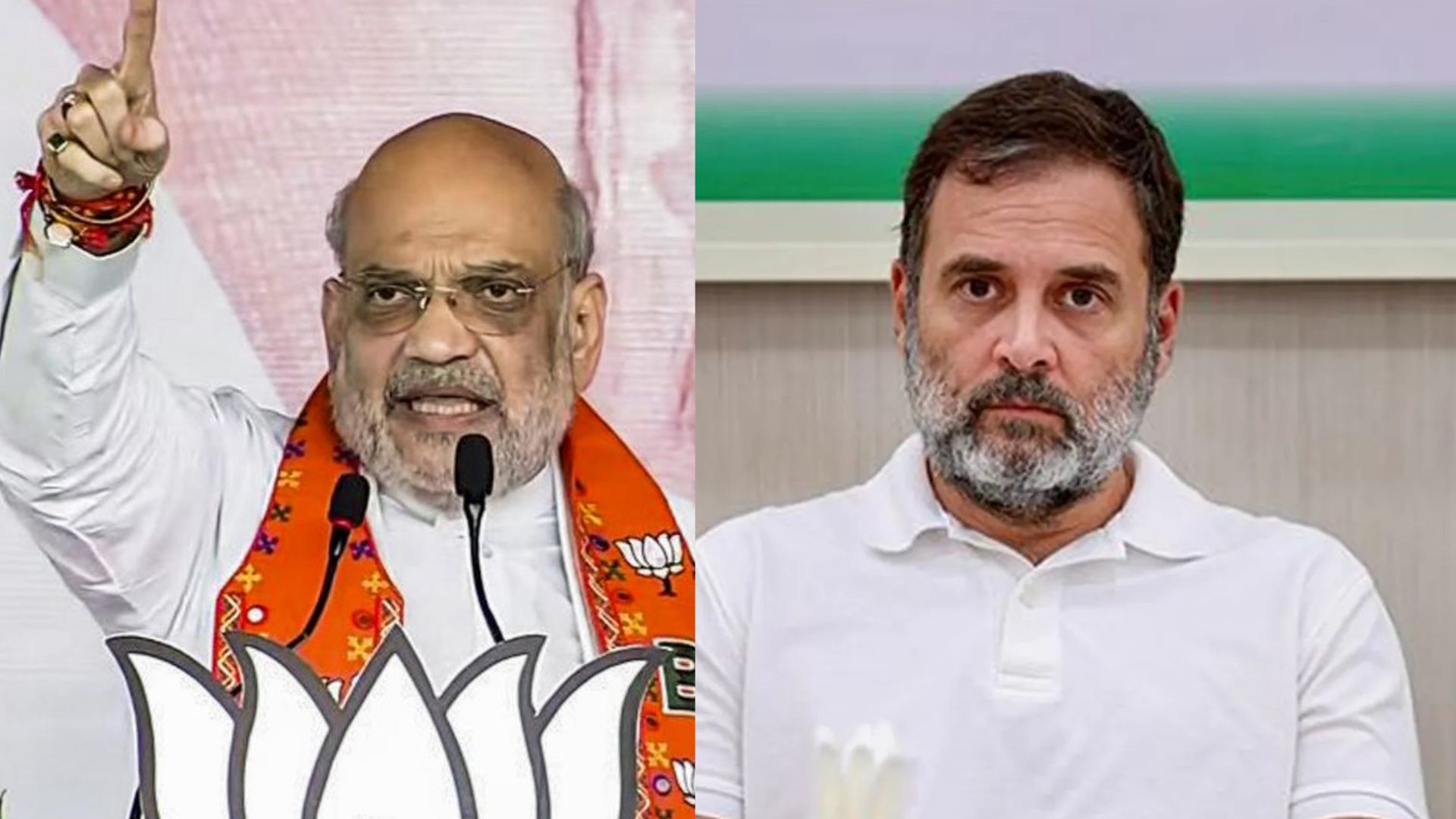
Non-alignment does not mean neutrality. It does not mean sitting on the fence. It means independence of thought and action” — Krishna Menon. In this quote, Krishna Menon had highlighted India’s bedrock of diplomacy over the past 70 years. This quote highlights Menon’s belief in India’s non-alignment stance, emphasizing the importance of maintaining independence and autonomy in decision-making rather than aligning with any specific power bloc or country. But over the last decade, neighbourhood crisis, need for diversification in supply chains, zeal to move ahead in the manufacturing sector and rise of Chinese nationalist approach have brought India to a scenario where it is looking beyond just non-alignment issues and looking to re-shape its global posture internally motivated by its own needs.
In continuation of this new diplomatic approach, the two biggest democracies of the world are awaiting the trip of Prime Minster Narendra Modi to the United States with great hope as a global audience watches carefully. It is learnt that this trip carries great significance as Modi shall be the first Indian Prime Minister to be invited thrice to the US and more importantly, delivering back-to-back lectures at the Joint Session of US Parliament (a huge diplomatic gesture of its kind). But it’s important to read more into this mutual admiration which both countries have showered upon each other in the last decade or two and specifically, with two global events in last three years, one being Russia’s Ukraine cross-border adventure and the other being Chinese threat to US’ positioning as a global leader.
Now, the diplomatic shift of the United States towards India can be viewed from multiple perspectives, including commercial interests and the broader re-shaping of the world order.
Commercial needs
1. Economic Opportunity: India’s growing economy and large consumer market present great business opportunities for American companies. Recently recognized as the most populous country in the world, India is a huge market for American companies to expand their operations and products and invest in various sectors such as technology, manufacturing, services, defence and petrochemicals.
2. Trade and Investment: The United States views India as a major trade and investment partner. Strengthening diplomatic ties with India could strengthen bilateral trade ties, facilitate market access and facilitate investment flows between the two countries. Closer economic cooperation could lead to job creation, economic growth and mutual benefits for US and Indian businesses.
Counter-balancing China
From a commercial perspective, the United States may view India as a potential counterweight to China’s economic clout. Stronger economic ties with India would allow the United States to diversify its supply chain, reduce its dependence on China, and leverage India’s manufacturing capacity as an alternative manufacturing base. This has been noted by major US companies such as Apple, which hope to manufacture on a global scale. The revival of the Quad formation also saw India and the United States become close defensive and strategic partners on land and at sea.
Re-Organization of World Order
Geopolitical Considerations: The diplomatic shift towards India may be driven by broader geopolitical considerations. India is seen as a strategic partner in the Indo-Pacific region, balancing China’s influence and supporting a free and open Indo-Pacific order. Strengthening ties with India can help advance US interests in the region and promote stability and security. Further, US funding of Ukraine in its defence with Russia (though with arms and ammunitions) has brought a significant impact on its financial health as this unending adventure is piling the cost up and up for all the supporting nations.
Democratic values: As the world’s largest democracy, India shares democratic values with the United States. Strengthening diplomatic relations with India is consistent with America’s goal of promoting democratic principles around the world. This can be seen as part of a broader effort to strengthen alliances with like-minded democracies to counter authoritarian influence.
Defence and security cooperation: The United States and India have expanded defence and security cooperation, including joint military exercises, information sharing, and defence technology transfer. This strategic partnership is driven by shared security concerns such as terrorism, maritime security and regional stability. Strengthening alliances and promoting a rules-based international system will help rebuild the world order.
In diplomacy, what is visible is often the outcome of long-toiled backdoor negotiations and other collateral factors. While commercial interests play a significant role in strengthening ties between the United States and India, the broader geopolitical dynamics and the re-shaping of the world order are also important considerations. The evolving relationship between the two countries reflects a convergence of strategic, economic, and shared values that can impact the global balance of power and the future trajectory of international relations. The demographic dividends that India possess and the technological prowess of US compel a partnership of deep-rooted interests and mutual benefits, although the level of trust has to be nourished comparable to the levels of Indo-Russia partnership, if a significant output is to be shown to the world by the two leading democracies.
Dr Deepankar Sharma is an Assistant Professor of Law (Senior Scale) at Manipal University Jaipur and as an Honorary Fellow at Asian Institute of International Financial Laws at University of Hong Kong and member of Network of Indian Competition Experts at Competition Commission of India. Dr Vini Kewaliya is an Assistant Professor of Law (Senior Scale) and as Assistant Controller of Examinations at Manipal University Jaipur.















